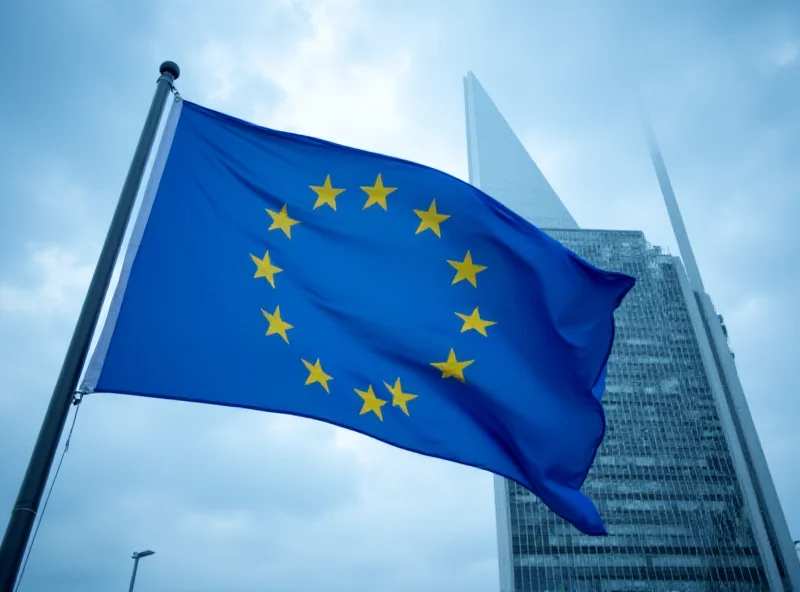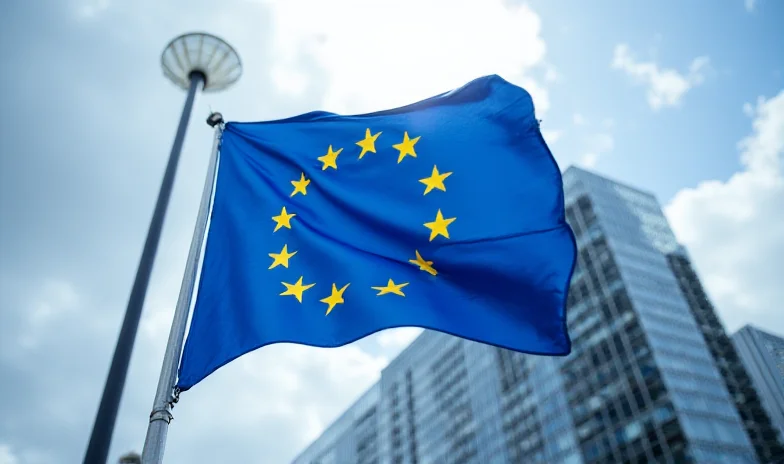Europe stands at a critical juncture, facing a confluence of political and economic uncertainties. From the specter of resurgent populism to the enduring effects of the pandemic lockdowns, the continent is grappling with challenges that demand both unity and strategic foresight.
The Threat to Western Ideals
Recent events have underscored the fragility of democratic and liberal ideals in Europe. Concerns are growing that without a united front and proactive preparation, the continent risks succumbing to external influences. "If Europe does not prepare for the worst and if it does not remain united," warns one analysis, "the last stronghold of Western democratic and liberal ideals could fall into the hands of Trump or his ally Putin." This stark warning highlights the urgent need for European leaders to prioritize cooperation and strategic planning.

The political landscape is further complicated by the recent summit attended by Ukrainian President Zelensky. Addressing EU leaders, Zelensky expressed his gratitude to Europe, stating, "'We are not alone.'" This sentiment underscores the importance of international partnerships in navigating the current geopolitical climate, especially in light of recent high-profile meetings involving global leaders.
The Lingering Shadow of Lockdowns
The COVID-19 pandemic continues to cast a long shadow over Europe, particularly in its urban centers. Pierfrancesco Maran, a former Milan city councilor, has reflected on the profound transformations wrought by the lockdowns.  These changes, often overlooked in the rush to return to normalcy, present ongoing challenges for city planners and policymakers. "The pandemic transformed Europe's cities," Maran notes, "a topic no one wants to talk about." Addressing these lingering issues is crucial for building resilient and sustainable urban environments.
These changes, often overlooked in the rush to return to normalcy, present ongoing challenges for city planners and policymakers. "The pandemic transformed Europe's cities," Maran notes, "a topic no one wants to talk about." Addressing these lingering issues is crucial for building resilient and sustainable urban environments.
Economic Uncertainty and Monetary Policy
Adding to the complexity, the European Central Bank (ECB) has recently cut its deposit rate again, signaling ongoing economic uncertainty. This decision reflects a shift away from automatic policy easing, suggesting that the ECB will need to adopt a more nuanced and proactive approach to monetary policy. The move highlights the challenges facing European policymakers as they navigate a volatile economic landscape. The ECB's actions are a clear indication that Europe's economic future is far from certain.

In conclusion, Europe faces a complex web of challenges that require a multifaceted approach. Unity, strategic preparation, and a willingness to address difficult issues are essential for navigating the current crossroads and securing a prosperous future for the continent.
